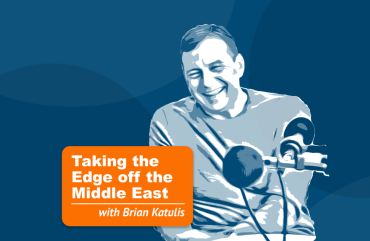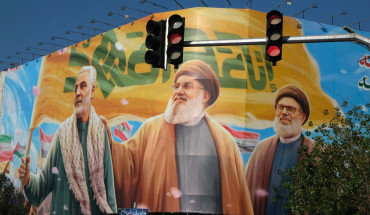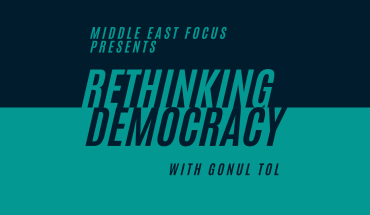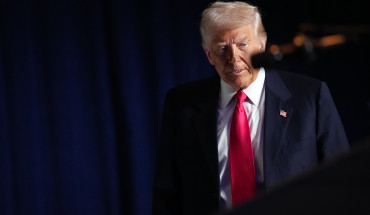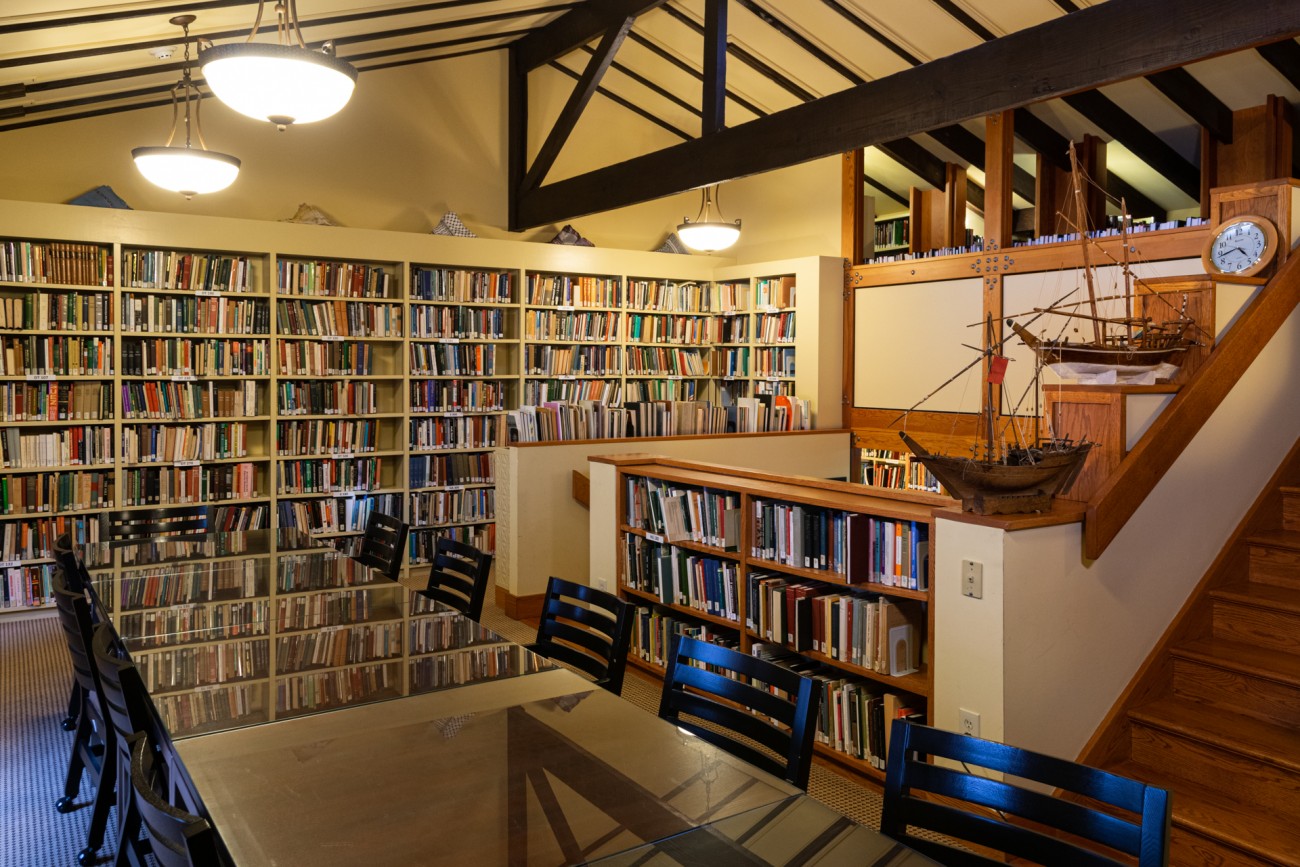

Special Briefing
Unfinished business will drive the Mideast agenda in 2026
Following another year of pivotal developments and transformational change, the Middle East could be poised to turn the page on many of its long-running conflicts and sources of instability. But lasting fruits of the processes begun in 2025 will require a determined, intentional focus by regional actors and the United States. Given current trends, MEI experts weigh in on where the region may be headed in 2026.

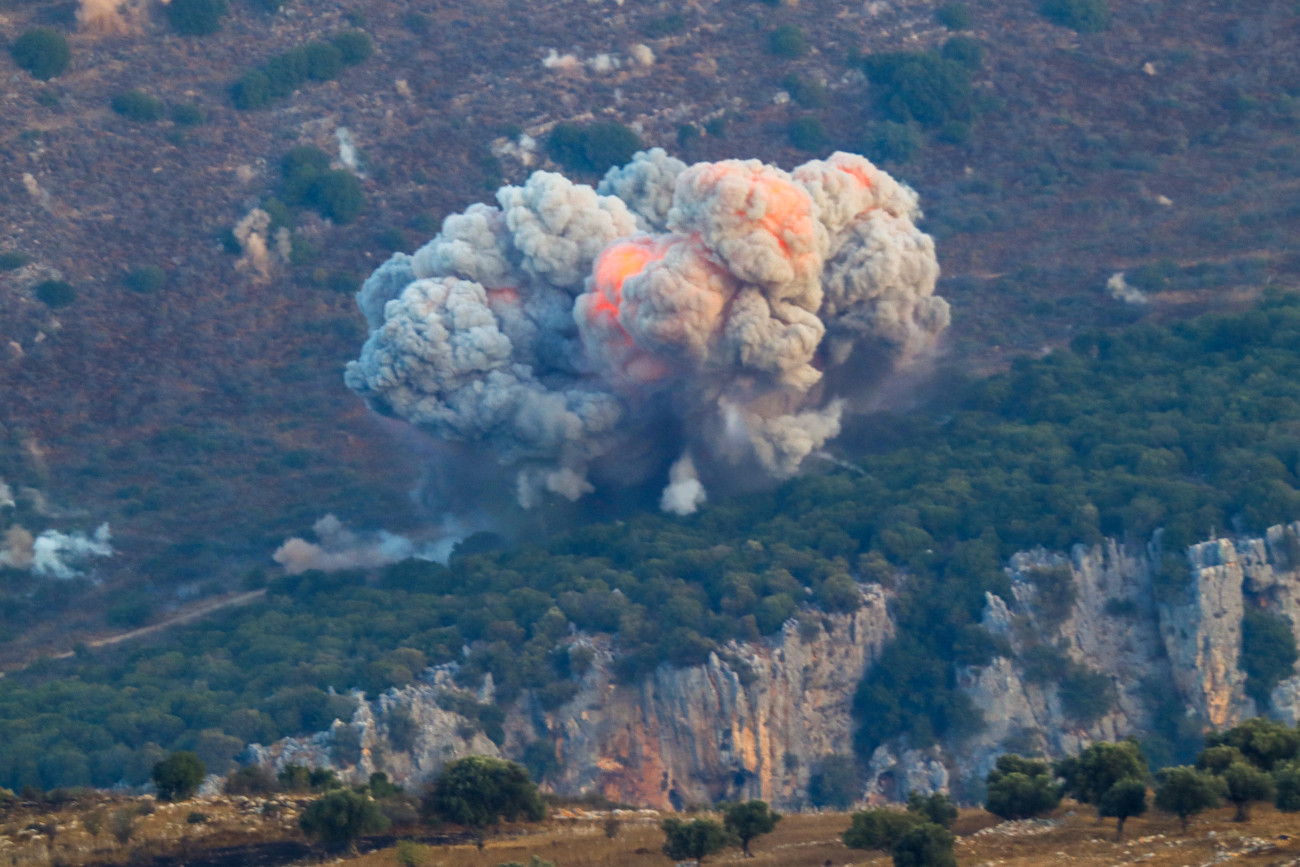
Virtual Briefing Series
MEI’s Virtual Briefing Series is a bi-weekly program that brings together regional and subject-matter experts to provide in-depth analysis on breaking news and key issues in the Middle East and their global implications.
Upcoming Events
Attend free, public events at our D.C. headquarters or tune in to our live webcasts
Current Exhibition
ARAB POP ART
Between East and West
September 12, 2025 - January 23, 2026
Co-curated by Laila Abdul-Hadi Jadallah & Lyne Sneige

Arab Pop Art: Between East and West explores the evolution of an art movement that blends Arab cultural motifs and symbols with the visual language of Western Pop art. Emerging in the 1960s, Arab pop art exploded with the rise of social media and new digital technologies in the 2000s. Today, Arab pop artists harness creativity, satire, and a savvy awareness of street culture to comment on social and political issues in the Middle East, while also challenging regional stereotypes.
Featuring 14 artists from the Arab world and its diaspora, the exhibition explores the emergence of Arab Pop art as a bold fusion of cultural identity and global visual language that highlights a vibrant, evolving, and cosmopolitan Arab identity. The 35 works on display blend everyday symbols, regional motifs, and cultural commentary with striking imagery reminiscent of Western pop art icons like Andy Warhol and Roy Lichtenstein. The result is a show that challenges norms and informs new perspectives on art, identity, and culture in the Middle East.
Lead sponsorship for this exhibition has been provided by the Open Mind Project with additional support from the Embassy of the Kingdom of Morocco in Washington, D.C.
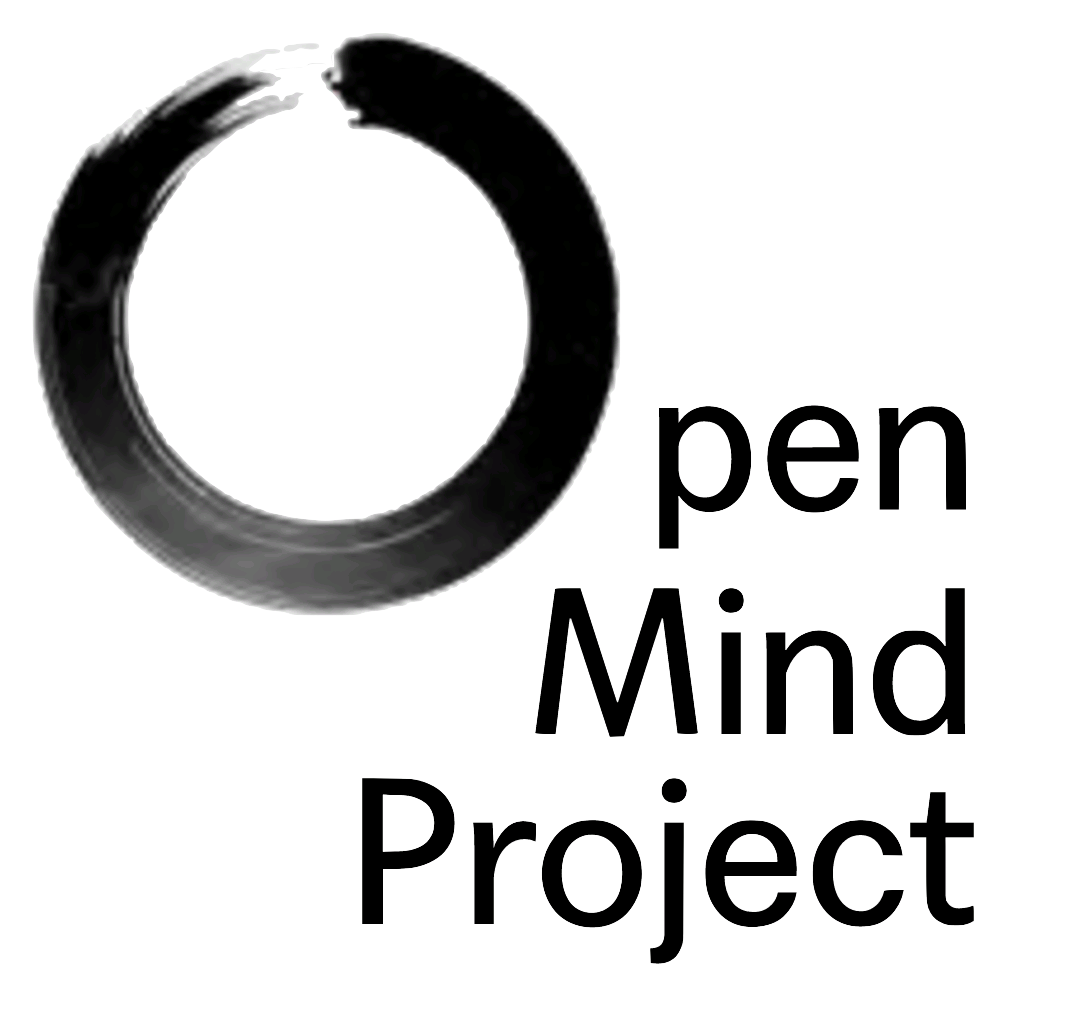

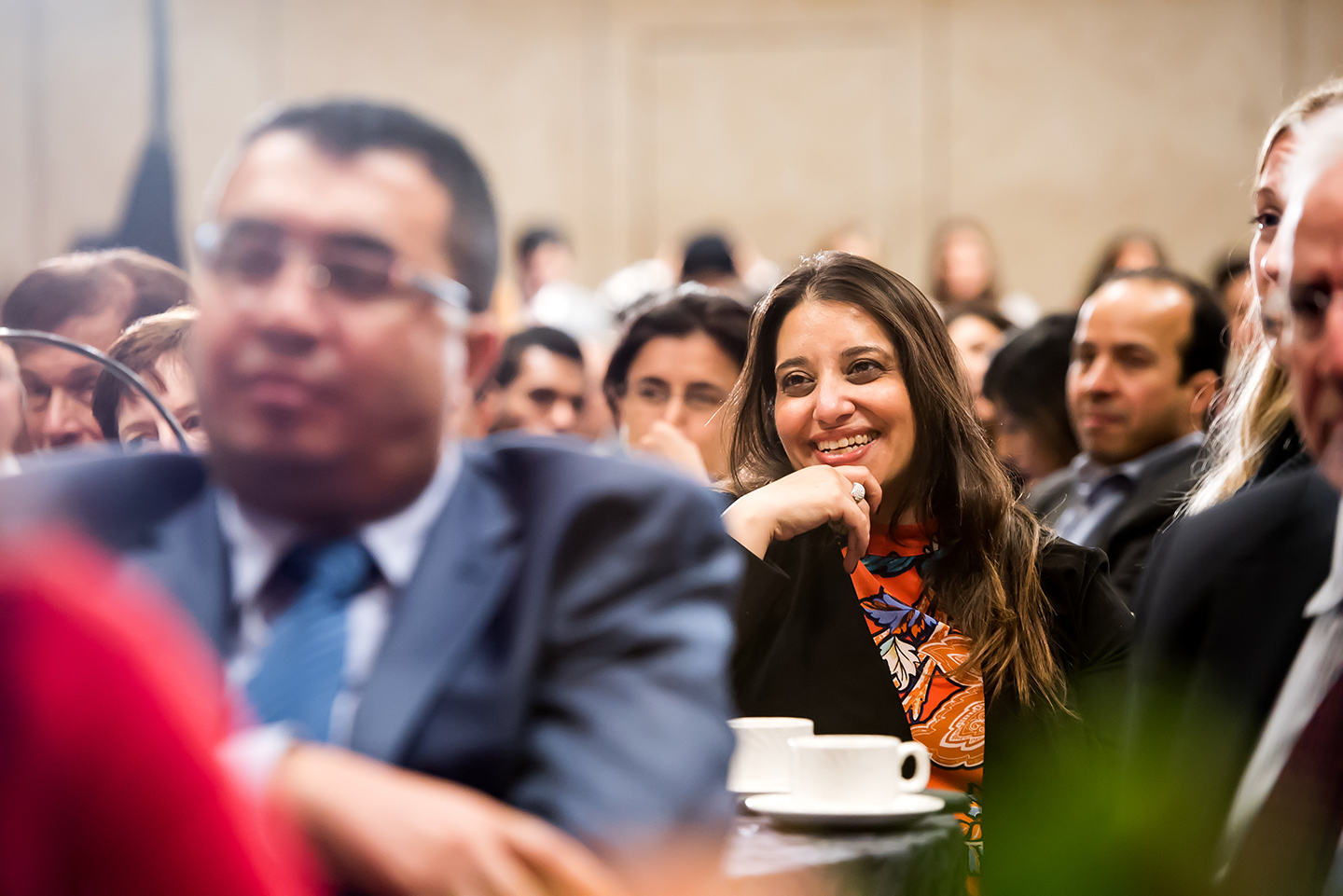
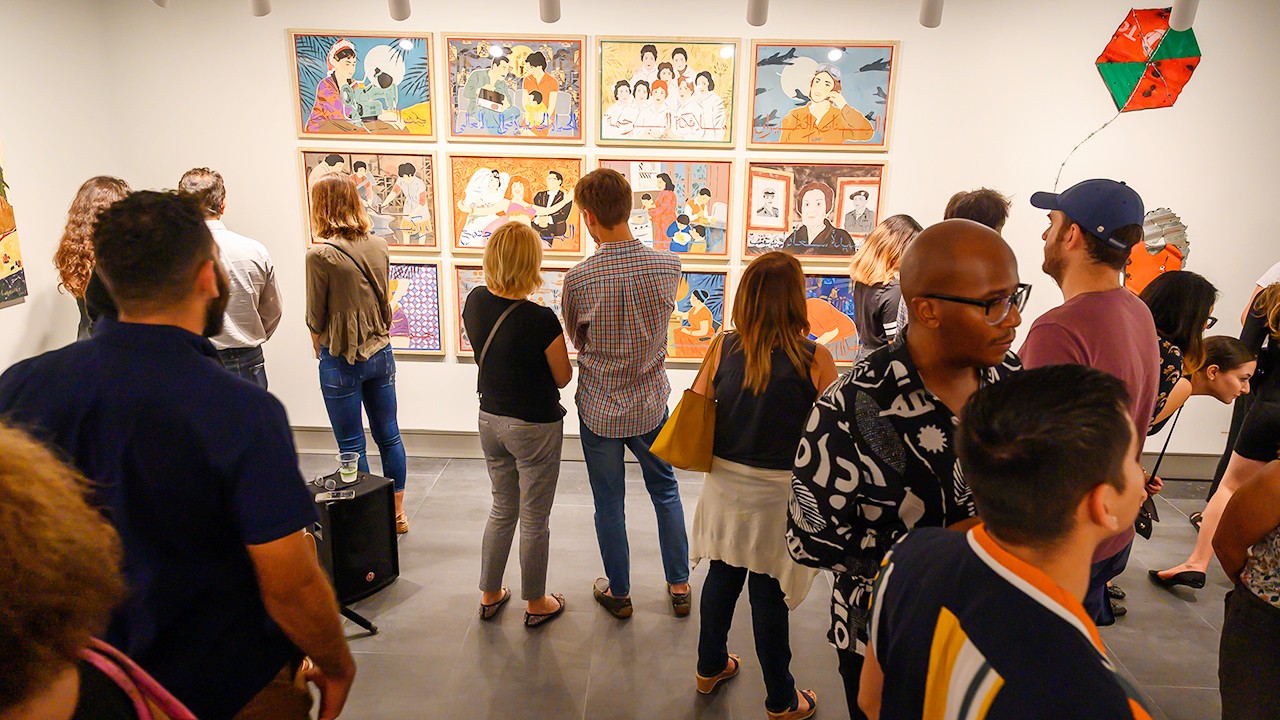
Visit the MEI Art Gallery
The MEI Art Gallery is open to the public weekdays from 10am to 5pm (closed for federal holidays). Visitors are encouraged to register for a timed visit at the link below, but walk-ins are also welcome.

Leading Regional Expertise
MEI’s scholars draw on deep ties and decades of experience working in the region to build better understanding of Middle East policy.
What We Do
We seek to promote knowledge of the Middle East in America and strengthen understanding of the United States by the peoples and governments of the region. We believe pursuit of this goal is integral to building a world of peace and stability, in which the people of our two regions value our shared humanity.
Our experts shape diplomatic, legislative, and public discourse through publications, private briefings, testimony, and media.
We provide education and resources to the next generation of global leaders.
Our Center for Arts & Culture promotes a more integrated understanding of the Middle East, forging people-to-people connections and creating a destination for exploring the role of the arts in the region.
We elevate voices from the region in international conversation.
Our international conflict resolution dialogues bring together civil society and political leaders to achieve impact through cooperation both in and outside of the region.











